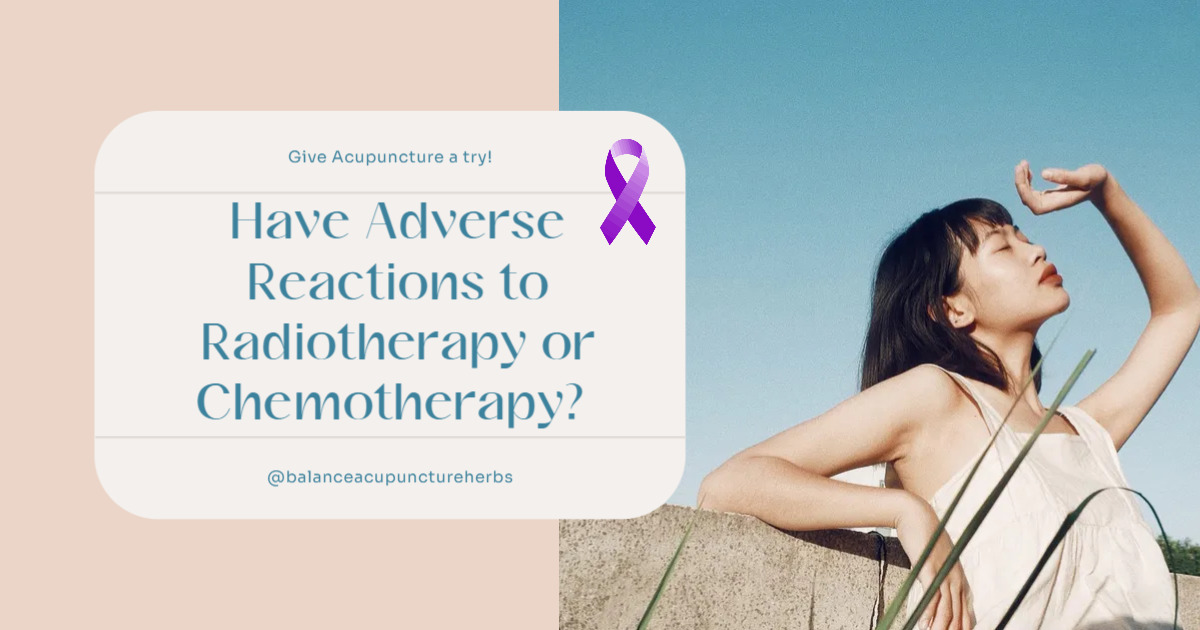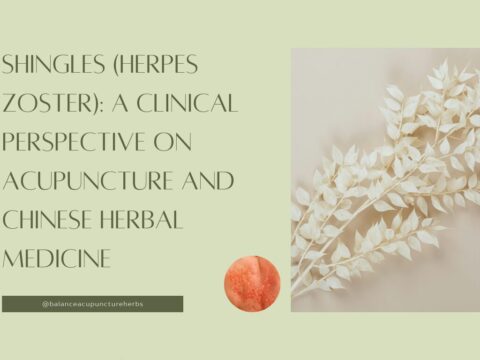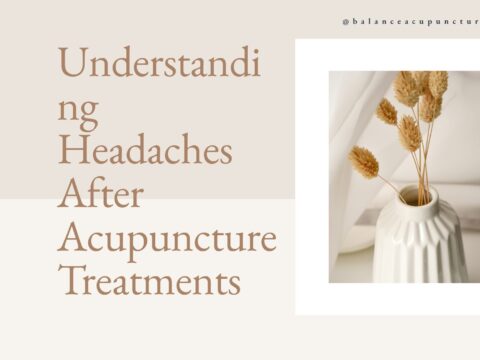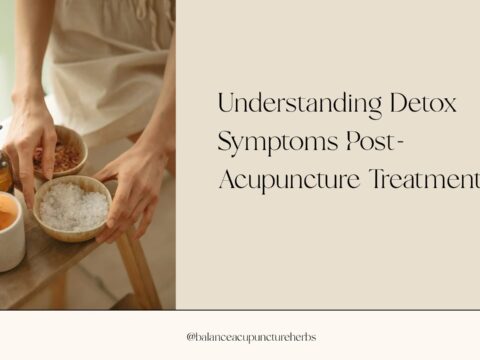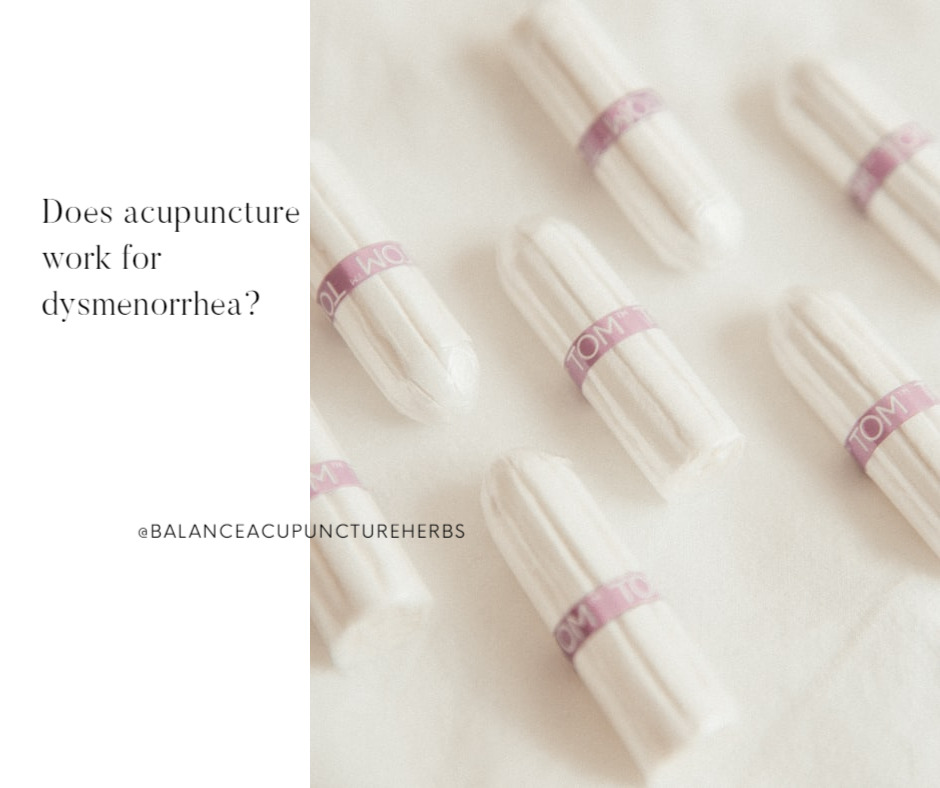
[Dysmenorrhea] Does Acupuncture Work for Dysmenorrhea?
August 8, 2022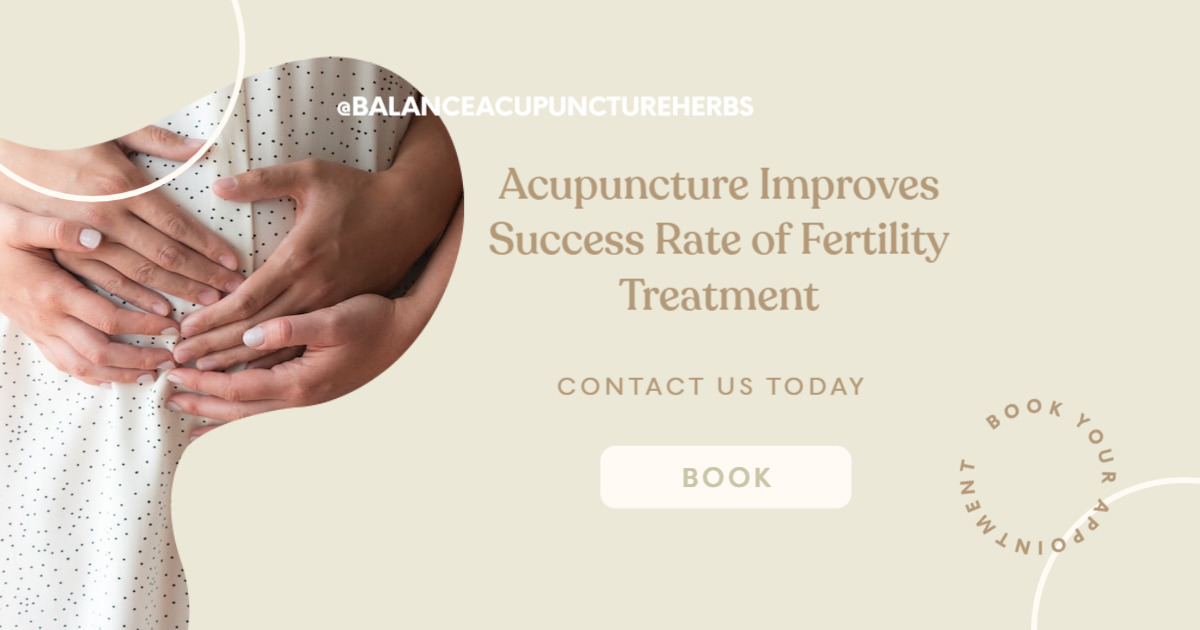
[IVF or IUI] Acupuncture Improves Success Rate of Fertility Treatment
September 26, 2022|
Getting your Trinity Audio player ready...
|
Have Adverse Reactions to Radiotherapy or Chemotherapy? Give Acupuncture a Try!
Many well-known cancer centers in the United States (such as MD Anderson Cancer Center) have incorporated acupuncture and other adjuvant therapies, and interdisciplinary integration of cancer team medical care has gradually become a trend. (Radiotherapy or Chemotherapy)
The view of weak and lacking vitality after chemotherapy in Traditional Chinese Medicine
Everyone reacts differently after chemotherapy. Traditional Chinese medicine believes that the cause of fatigue after chemotherapy is likely to be a loss of qi and blood. It is difficult to fight for a long time when combined with the loss of appetite, nutritional deficiencies, excessive weight loss, and insufficient white blood cells or platelets. In addition to interfering with daily life, side effects from chemotherapy affect the quality of life, causing physical and mental exhaustion, and reducing the patient’s willingness and courage to receive follow-up treatment. It may also prevent the patient from completing the course of therapy (Radiotherapy or Chemotherapy), increasing the risk of cancer recurrence or spread. When cancer patients receive western medicine treatment, excessive weight loss is a poor prognostic indicator. If not properly treated, it will further develop into cachexia, and in recent years, cancer deaths and cachexia have an increasingly high correlation with sex.
Traditional Chinese medicine believes that each person has different physical standards before falling ill, and receiving the same chemotherapy or radiotherapy will have side effects of varying severity. TCM sees the state of qi, blood, and meridians in the human body and will assess whether the cause of loss of appetite is spleen deficiency caused by chemotherapy. Is it due to lack of energy and blood deficiency caused by lack of energy for a long time? Or because of anxiety, sensitivity, depression, sleep quality is not as good as before? In addition, TCM sees the production of pathological products in the human body’s internal organs. Is it because “deficiency heat pattern” consumes mental and physical strength? After TCM practitioners diagnose, a personalized treatment plan is designed according to each patient’s current state.
At what stage can I find a traditional Chinese medicine practitioner?
Many uncomfortable symptoms are common during cancer radiation therapy (Radiotherapy), chemotherapy, or after surgery. Acupuncture stimulates acupuncture points to:
- Harmonize yin, yang, qi, and blood.
- Dredges the meridians to achieve the therapeutic purpose of strengthening the body.
- Eliminating pathogenic factors.
- Improving the body’s immune function.
- Enabling cancer patients to restore their physical strength to a better state.
Studies have pointed out that acupuncture is beneficial and recommended for cancer patients who have the following conditions:
- Drugs poorly control cancer pain
- Peripheral neuropathy caused by chemotherapy
- Fatigue
- Severe acute vomiting after surgical anesthesia or chemotherapy
- Mouth dry dysphagia caused by radiotherapy in patients with pharyngeal cancer.
For cancer-related fatigue, loss of appetite, insomnia, nausea and vomiting, post-radiotherapy dermatitis, angular stomatitis, low white blood cells, or platelets. Literature and clinical cases show that using Chinese herbal medicine is also helpful.
Add traditional Chinese medicine therapy is equivalent to adding a magic weapon to protect peace on the road to illness.
Read more : Relieve Menopause Symptoms with Acupuncture
Does Acupuncture Have Side Effects? Is Acupuncture Safe?
When a qualified practitioner does it, acupuncture is generally very safe. Rarely do some people experience mild, short-term side effects such as:
- Pain and bleeding from the needle insertion
- Nausea
- Infections
- Skin rash
- Allergic reaction
- Bruising around the area, the needles were placed
- Dizziness
- worsening of pre-existing symptoms
If you have a bleeding disorder, such as haemophilia, or are taking anticoagulants, talk to your practitioner before you have acupuncture.
Acupuncture is also not usually advised if you have a metal allergy or an infection in the area where needles may be inserted.
It’s generally safe to have acupuncture when you’re pregnant. However, let your acupuncture practitioner know if you’re pregnant because certain acupuncture points cannot be used safely during pregnancy.
The most commonly prescribed anticoagulant is warfarin.
Newer types of anticoagulants are also available and are becoming increasingly common. These include:
- rivaroxaban (Xarelto)
- dabigatran (Pradaxa)
- apixaban (Eliquis)
- edoxaban (Lixiana)
Warfarin and the newer alternatives are taken as tablets or capsules. There’s also an anticoagulant called heparin that can be given by injection.
What is the secret of TCM to preventing cancer?
In addition to regular work and rest, a healthy diet, routine cancer screening, and genetic factors we cannot avoid, Traditional Chinese medicine pays special attention to the relationship between emotion and disease. For example, long-term stress accumulation and depression, and anger will cause what TCM calls “disturbed liver qi.” And indirectly, “liver stagnation restrains the spleen,” which in turn affects the function of the spleen and stomach—resulting in poor qi movement of the human body, imbalance of yin and yang qi, and blood in the internal organs, phlegm, blood stasis. Pathological products collide with each other, aggravate the risk factors of the disease, and develop into tumors over time. Traditional Chinese medicine emphasizes “preventing disease.” If you can balance your physical and mental state before a disease is caused, you can prevent it before it happens. Emotion and physical balance are equally essential for preventing cancer or cancer recurrence.
[wpseo_address show_state=”1″ show_country=”1″ show_phone=”1″ show_phone_2=”0″ show_fax=”0″ show_email=”0″ show_logo=”0″]
Reference:
Hu J, Shen Y, Zhang G, He J, Sun M, Zhang H, Hua B, Zheng H. Effect of acupoint therapies on chemotherapy-induced nausea and vomiting: A systematic review protocol. Medicine (Baltimore). 2019 Sep;98(37):e17109. doi: 10.1097/MD.0000000000017109. PMID: 31517844; PMCID: PMC6750289.
Ma TT, Zhang T, Zhang GL, Dai CF, Zhang BR, Wang XM, Wang LP. Prevention of chemotherapy-induced nausea and vomiting with acupuncture: A protocol for systematic review and meta-analysis. Medicine (Baltimore). 2020 Jan;99(3):e18828. doi: 10.1097/MD.0000000000018828. PMID: 32011495; PMCID: PMC7220120.
Chen L, Wu X, Chen X, Zhou C. Efficacy of Auricular Acupressure in Prevention and Treatment of Chemotherapy-Induced Nausea and Vomiting in Patients with Cancer: A Systematic Review and Meta-Analysis. Evid Based Complement Alternat Med. 2021 Aug 3;2021:8868720. doi: 10.1155/2021/8868720. PMID: 34394394; PMCID: PMC8357499.
Chao LF, Zhang AL, Liu HE, Cheng MH, Lam HB, Lo SK. The efficacy of acupoint stimulation for the management of therapy-related adverse events in patients with breast cancer: a systematic review. Breast Cancer Res Treat. 2009 Nov;118(2):255-67. doi: 10.1007/s10549-009-0533-8. PMID: 19760035.
Huang Y, Zhang R, Yao Q, Liu J, OuYang X, Hui X, Wang H, He R, Zhao B. Acupuncture treatment for chemotherapy-induced nausea and vomiting: A protocol for systematic review and meta-analysis. Medicine (Baltimore). 2020 May 22;99(21):e20150. doi: 10.1097/MD.0000000000020150. PMID: 32481284; PMCID: PMC7249961.
Shi Y, Xu T, Chen Q, Wu J, Zhong Y, Song S, Chen Y, Gao W, Zhao L. Acupuncture for radiotherapy-induced nausea and vomiting: A systematic review protocol. Medicine (Baltimore). 2019 Jun;98(24):e16027. doi: 10.1097/MD.0000000000016027. PMID: 31192956; PMCID: PMC6587627.
The University of Texas MD Anderson Cancer Center

